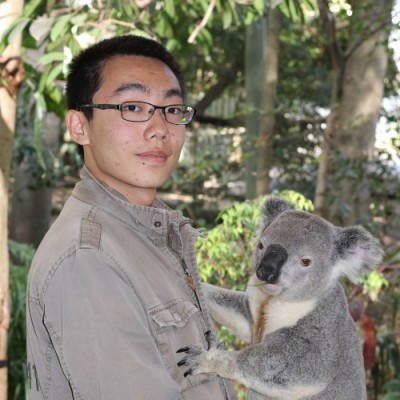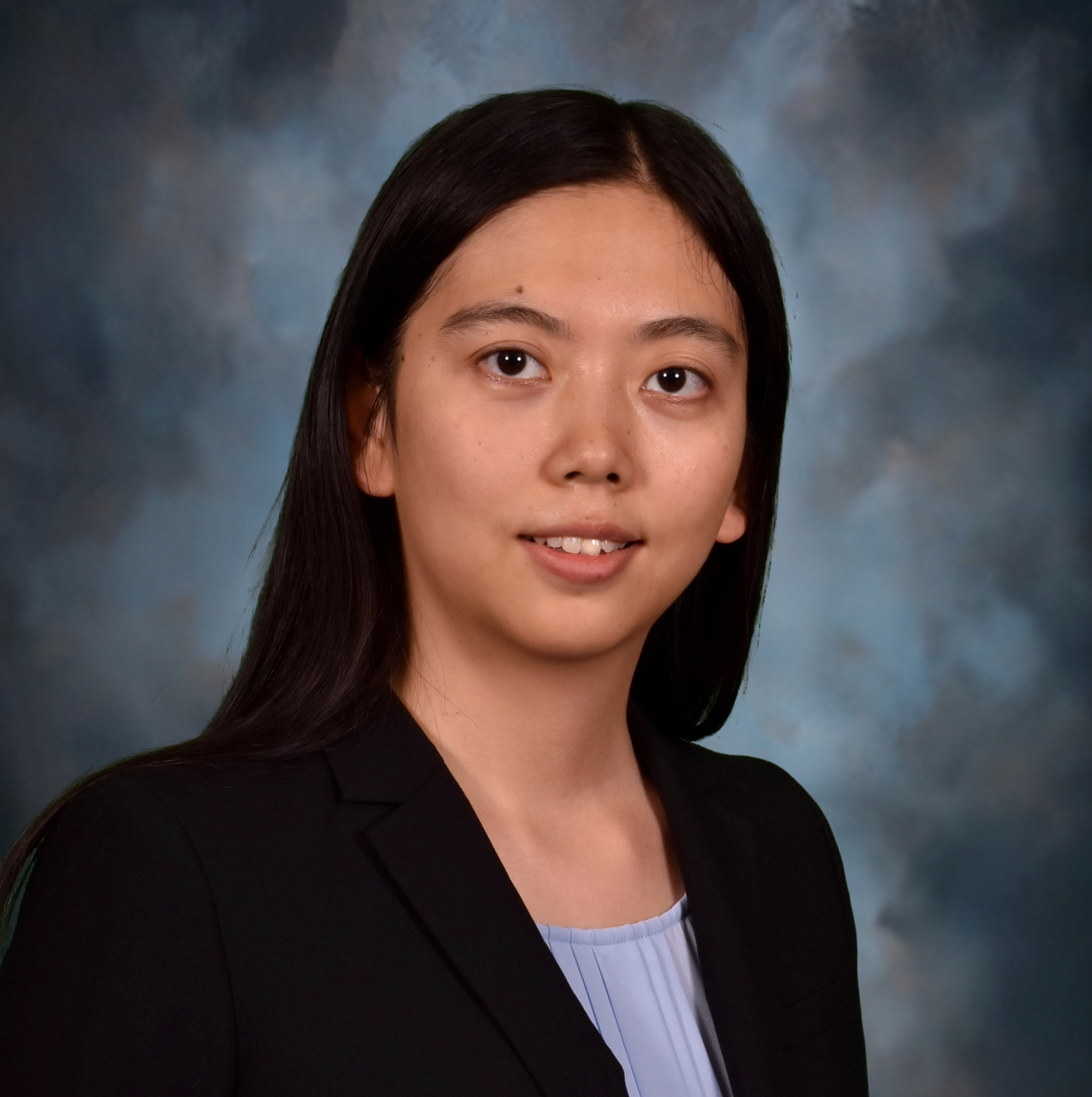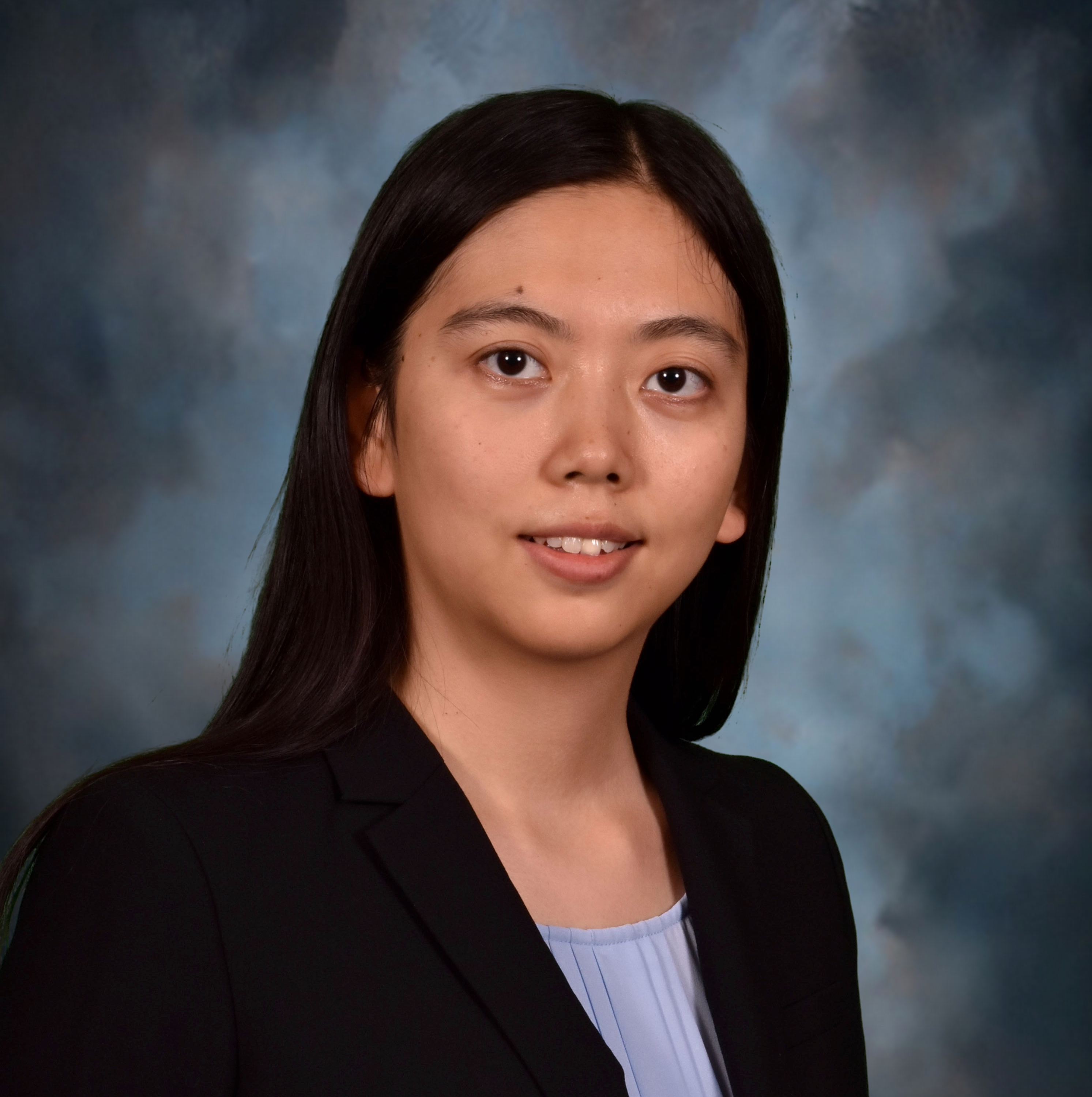EMNLP 2024 Tutorial
Published:
AI for Science in the Era of Large Language Models
Zhenyu Bi, Minghao Xu, Jian Tang, Xuan Wang
Department of Computer Science, Virginia Tech, USA
Mila - Quebec AI Institute, Canada
Time: November 16, 2024, 9 am - 12:30 pm EST
Location: Miami, Florida @ Monroe Ballroom (Terrace Level)
Abstract:
The capabilities of AI in the realm of science span a wide spectrum, from the atomic level, where it solves partial differential equations for quantum systems, to the molecular level, predicting chemical or protein structures, and even extending to societal predictions like infectious disease outbreaks. Recent advancements in large language models (LLMs), exemplified by models like ChatGPT, have showcased significant prowess in tasks involving natural language, such as translating languages, constructing chatbots, and answering questions. When we consider scientific data, we notice a resemblance to natural language in terms of sequences – scientific literature and health records presented as text, bio-omics data arranged in sequences, or sensor data like brain signals. The question arises: Can we harness the potential of these recent LLMs to drive scientific progress? In this tutorial, we will explore the application of large language models to three crucial categories of scientific data: 1) textual data, 2) biomedical sequences, and 3) brain signals. Furthermore, we will delve into LLMs’ challenges in scientific research, including ensuring trustworthiness, achieving personalization, and adapting to multi-modal data representation.
Tutorial Recording:
A recording of our tutorial can be found here.
Slides [Combined]:
- Introduction [Slides]
- Part I: Scientific Text [Slides]
- Part II: Brain Signals [Slides]
- Part III: Biological Sequences [Slides]
- Summary [Slides]
Presenters:
 | Zhenyu Bi is a Ph.D. student in the Computer Science Department at Virginia Tech. His research area lies in the field of natural language processing, emphasizing real-world applications of Large Language Models. He is mainly interested in information extraction with weak supervision, especially text mining and event extraction; as well as fact-checking and trustworthy NLP. He received an M.S. degree in Intelligent Information Systems from Carnegie Mellon University in 2023, a B.S. degree in Cognitive Science, and a B.S. Degree in Computer Science from the University of California, San Diego in 2021. |
 | Minghao Xu is a Ph.D. student at Mila - Quebec AI Institute, Canada. His research interests mainly lie in protein function understanding and protein design. He aims to understand diverse protein functions with joint guidance from protein sequences, structures, and biomedical text, especially boosted by large-scale multi-modal pre-training. He is also pursuing structure- and sequence-based protein design via generative AI, geometric deep learning and dry-wet experiment closed looping. He has given an Oral presentation at the main conference of ICML’23. |
 | Jian Tang is an Associate Professor at Mila - Quebec AI Institute, Canada. His long-term interests focus on understanding the language of life (DNA, RNAs, and Proteins) with generative AI and geometric deep learning, with applications in biomedicine and synthetic biology. His group has developed one of the first open-source machine learning frameworks on drug discovery, TorchDrug (for small molecules) and TorchProtein (for proteins), and developed the first diffusion models for 3D molecular structure generation, GeoDiff (among the 50 most cited AI paper in 2022). He has given a few tutorials at international AI and data mining conferences including KDD 2017, AAAI 2019, AAAI 2022. |
 | Xuan Wang is an Assistant Professor in the Computer Science Department at Virginia Tech. Her research focuses on natural language processing and text mining, emphasizing applications to science and healthcare domains. Her current projects include NLP and text mining with extremely weak supervision; text-augmented knowledge graph reasoning; fact-checking and trustworthy NLP, AI for science; and AI for healthcare. She received a Ph.D. degree in Computer Science, an M.S. degree in Statistics, and an M.S. degree in Biochemistry from the University of Illinois Urbana-Champaign in 2022, 2017, and 2015, respectively, and a B.S. degree in Biological Science from Tsinghua University in 2013. She has delivered tutorials in IEEE-BigData 2019, WWW 2022, and KDD 2022. |
